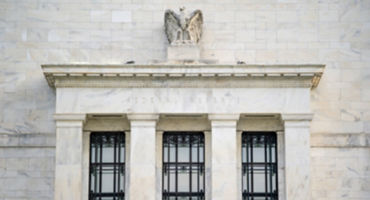Skip to main content
- Funds
- Insights
- Capabilities
- Sustainability
- About Us
- My Account
Our Funds
Formats
Asset class
Clients we serve in the UK
Sustainable Investing
Stewardship Principles
Investment Solutions
Funds











Equity Market Outlook
In our Equity Market Outlook, we offer a range of fundamental, factor, and sector insights.
By
Andrew Heiskell
Nicolas Wylenzek